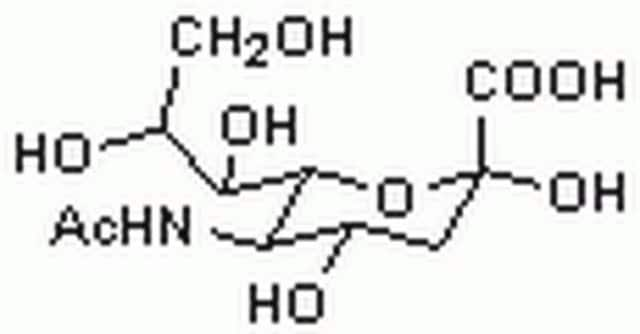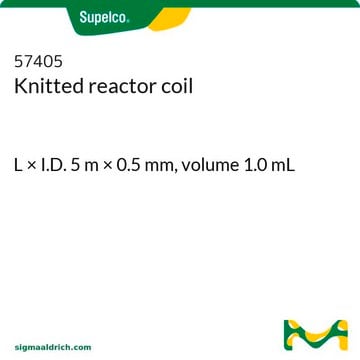D4784
4,5-Methylenedioxy-1,2-phenylenediamine dihydrochloride
≥98% purity (HPLC), powder
Synonym(s):
1,2-Diamino-4,5-methylenedioxybenzene dihydrochloride, 1,3-Benzodioxole-5,6-diamine dihydrochloride, 5,6-Diamino-1,3-benzodioxole dihydrochloride, MDB
About This Item
Recommended Products
product name
4,5-Methylenedioxy-1,2-phenylenediamine dihydrochloride, Fluorogenic reagent
Quality Level
Assay
≥98% (HPLC)
form
powder
technique(s)
titration: suitable
color
white to orange
mp
247 °C
solubility
H2O: 50 mg/mL
application(s)
diagnostic assay manufacturing
hematology
histology
storage temp.
−20°C
SMILES string
Cl[H].Cl[H].Nc1cc2OCOc2cc1N
InChI
1S/C7H8N2O2.2ClH/c8-4-1-6-7(2-5(4)9)11-3-10-6;;/h1-2H,3,8-9H2;2*1H
InChI key
YXEJRYIEFFUUID-UHFFFAOYSA-N
Looking for similar products? Visit Product Comparison Guide
General description
Application
Signal Word
Warning
Hazard Statements
Precautionary Statements
Hazard Classifications
Eye Irrit. 2 - Skin Irrit. 2 - STOT SE 3
Target Organs
Respiratory system
Storage Class Code
11 - Combustible Solids
WGK
WGK 3
Personal Protective Equipment
Choose from one of the most recent versions:
Already Own This Product?
Find documentation for the products that you have recently purchased in the Document Library.
Customers Also Viewed
Articles
A significantly improved HPLC-fluorescence method for DMB-NANA and -NGNA, and application of this method to compare 2 candidate biosimilar therapeutic proteins to their respective RMs.
A significantly improved HPLC-fluorescence method for DMB-NANA and -NGNA, and application of this method to compare 2 candidate biosimilar therapeutic proteins to their respective RMs.
A significantly improved HPLC-fluorescence method for DMB-NANA and -NGNA, and application of this method to compare 2 candidate biosimilar therapeutic proteins to their respective RMs.
A significantly improved HPLC-fluorescence method for DMB-NANA and -NGNA, and application of this method to compare 2 candidate biosimilar therapeutic proteins to their respective RMs.
Our team of scientists has experience in all areas of research including Life Science, Material Science, Chemical Synthesis, Chromatography, Analytical and many others.
Contact Technical Service












